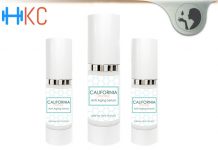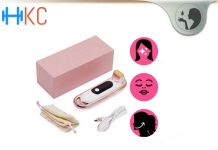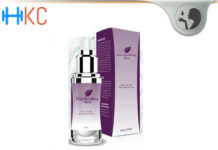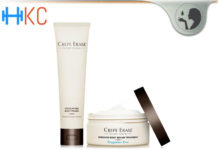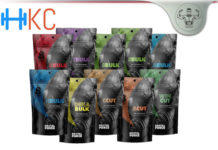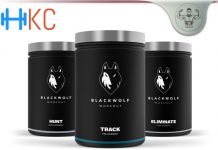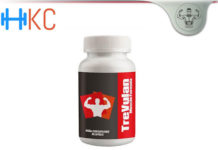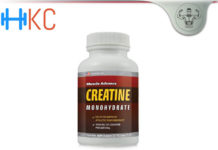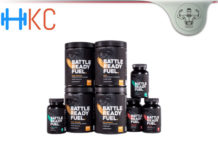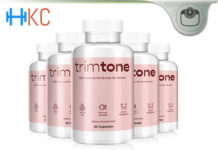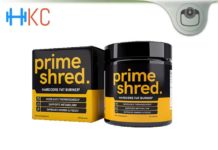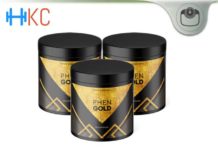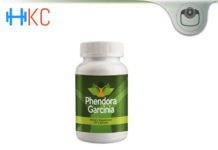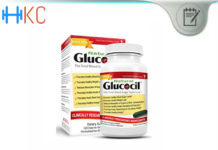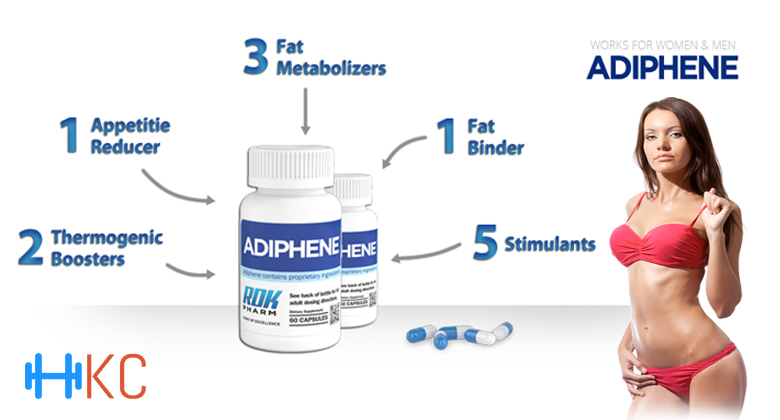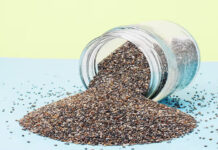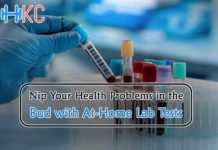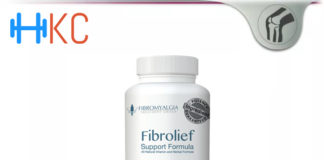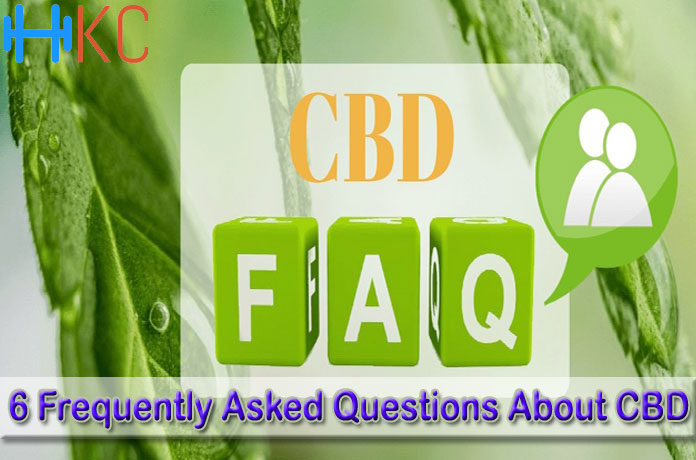
CBD products are a hot commodity, and it seems like everyone is confused about them in some way. What’s been nice, however, is seeing how the questions have progressed. Instead of only seeing “does CBD oil make you high” people are asking about more complex and serious questions like “what drugs should not be taken with CBD?”. So today we are answering the most frequently asked about CBD in 2018.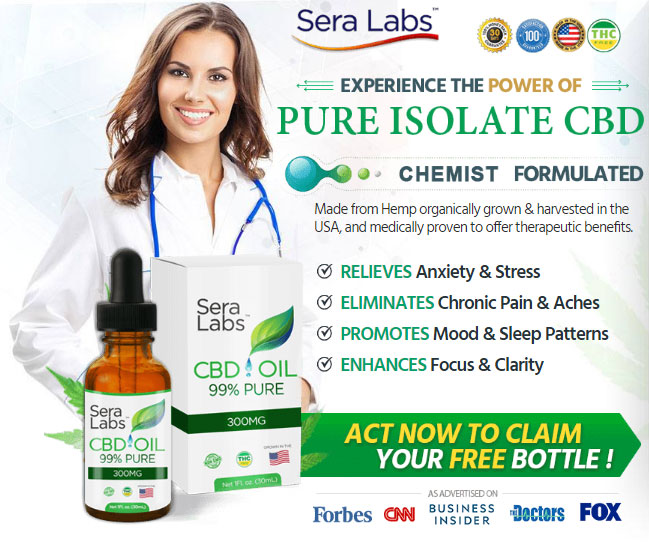
How Does CBD Work?
While named after the single molecule cannabidiol, CBD products contain hundreds of molecules that all interact with a complex network of neurons and receptors within our bodies.
Known as phytocannabinoids and terpenes, when these molecules interact and activate this network, the receptors release signals that regulate and repair physiological and cognitive functions. Some of which include appetite, pain-sensitivity, immune system response, and mood.
The reason this occurs is due to the fact that any organism with a vertebrate creates their own versions of cannabinoids: anandamide and 2-AG. The brain produces these special neurotransmitters to naturally interact with this network – known as the endocannabinoid system.
Cannabinoid receptors that are located on cells are found in nearly every part of the body. This means the expression of the endocannabinoid system is critical to the health of many internal functions.
Besides directly interacting with the ECS, the molecule itself, CBD, will temporarily inhibit enzymes that reuptake self-produced cannabinoids – correcting any endocannabinoid deficiencies.
What Can CBD Help With?
Thanks to the fact that we produce our own cannabinoids for regulation of biological processes that make up our overall health, CBD products can help with a long list of medical conditions.
It’s important to understand that some benefit more from CBD than others. So while some may claim it’s a miracle drug, don’t be fooled into thinking it’s going to be for you. CBD is a godsend for many though, so don’t write them off either.
- Anxiety
- Appetite Regulation
- Arthritis
- Alzheimer’s Disease
- Cancer Treatment Side Effect Management
- Chronic pain
- Depression
- Epilepsy
- Huntington’s Disease
- Inflammation
- Insomnia (acts as mild stimulate at low and average doses however)
- Nausea
Is CBD Legal?
When derived from hemp, CBD oil is possibly legal in all 50 states as the 2014 Agriculture Bill legalized hemp and derivatives of hemp under state authorized pilot research programs. If a state has not authorized such, CBD is legality in a grey area where the local sale is prohibited, but online stores still ship to the state without repercussions. It’s confusing, but this all looks to come to an end once the 2018 Agriculture Bill is passed which will remove all barriers currently on hemp.
Which CBD is Right For Me?
While it may feel like there is an ocean of CBD products, after learning a few basic tips, figuring out the best isn’t much work. First, we need to pick a form of CBD, after that we can pick the way we want to take it.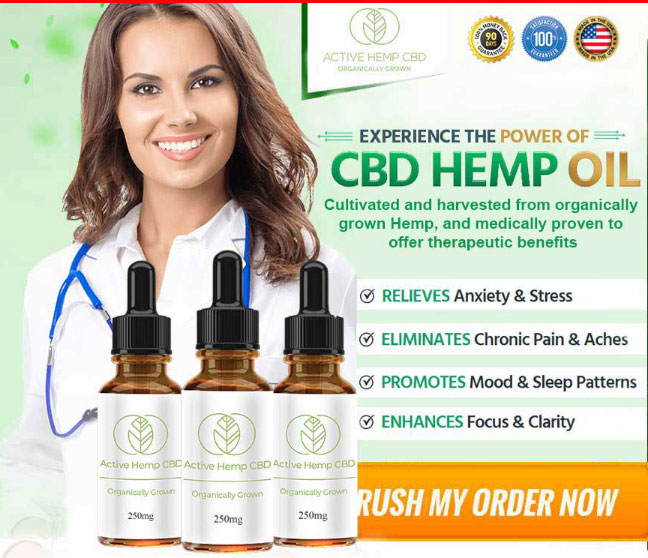
Raw vs Active vs Full Spectrum vs Isolate
There are two main types of CBD: full spectrum and isolate. Full spectrum accounts for the majority of CBD oil, and keeps the 113+ phytocannabinoids and 200+ terpenes together. Isolate is just one single cannabinoid, CBD.
When CBD first hit the scene, many thought CBD isolate would win over full spectrum since CBD is the most potent cannabinoid in hemp. However, we’ve come to find out that without the other phytocannabinoids and terpenes CBD is incomplete. It’s poorly absorbed, and some healing properties are lost – this is why full spectrum now dominates. You can still find CBD isolate for sale, as a rare few find that it works better for them.
Within the category of full spectrum CBD products are Raw CBD and Activated CBD. Most CBD products contain activated cannabinoids. This means they have been heated to a point where they lose an acid group allowing them to better engage the endocannabinoid system. So CBDa changes to CBD. Raw CBD products will say “raw” on the label as it’s uncommon. However, many activated CBD products don’t label it as such as it’s assumed – sometimes they use the term “pure” instead.
Administration Methods
There are four main ways to take CBD: sublingual (under the tongue), ingestion, inhalation, and topical. The first two are by are the most common methods, though vaping CBD has taken off recently.
Sublingual and inhalation offer the fastest delivery methods, and full absorption into the bloodstream can occur within 10 minutes. As well, both methods give you a greater degree of control and manipulation of dosage.
Their biggest negative is CBD’s natural flavor can be an issue for some. Often you can find flavored CBD, as well, look for gold or distilled CBD which removes non-beneficial plant material that contributes heavily to the unpleasant grassy and bitter flavor.
If any flavor is a problem, then capsules or edibles are your best bet. Their one negative is that onset can take up to an hour as opposed to 10 minutes. Like other oral medications, if you take CBD on an empty stomach, you’ll feel the effects faster.
Does CBD have Side Effects?
The overwhelming research on CBD products shows that they have a very low side-effect profile. Upset stomach, gas, and tiredness are the most frequently seen side effects, and they themselves are rare. The one area of concern is CBD’s interaction with enzymes in the liver that break down many pharmaceuticals we take. By delaying these enzymes, CBD can raise the other medication potency.
This might be a good thing for some – it’s likely one of the reasons many people have be able to lower their RX drugs – but for others, this can be dangerous.
What Drugs Should not be Taken with CBD?
Well, that’s easy and not so easy question because this interaction is complex. First, there are not enough studies done to show how serious this drug interaction is. Many people take CBD along with their medication and see no issue.
God knows how many people have mixed marijuana with their prescription meds for years. One would expect to have seen an issue by now if the interaction was common.
However, this interaction has been seen in studies and in some very rare cases, it appears CBD mainly interacts with anticonvulsant medications. For many people, anticonvulsants are dosage sensitive and serious side effects occur with larger doses, where low levels are very mild.
However, CBD’s greatest medical value is its own anticonvulsant properties – which are so noteworthy that it can even control rare forms of epilepsy where all other medications fail.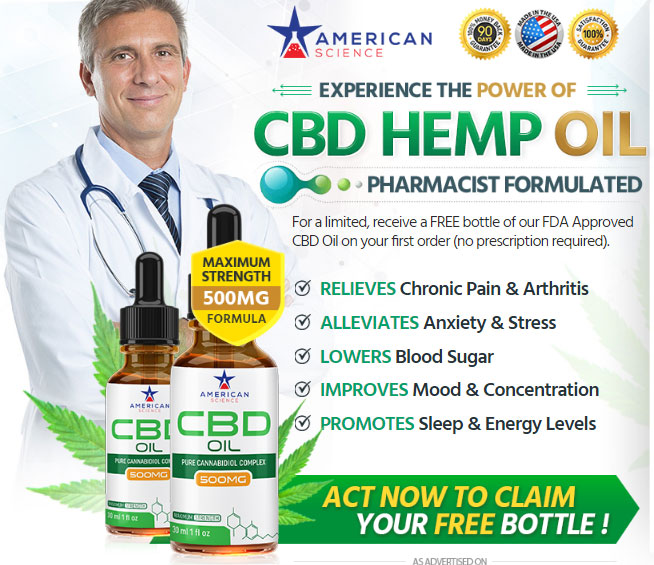
This appears to create a bitter catch-22. Well, maybe not, as studies that have seen CBD raise the potency of anticonvulsants don-t discontinue use of either drug. Instead, they simply change the dosage – often raising CBD’;s dosage while lowering the dosage of the other drug.
So what drugs should not be taken with CBD? None for sure, however, any drug that is metabolized in the liver by CYP450 enzymes could have its potency affected by CBD products. Your best bet is talk to your doctor as they can help you avoid any drug interactions.



